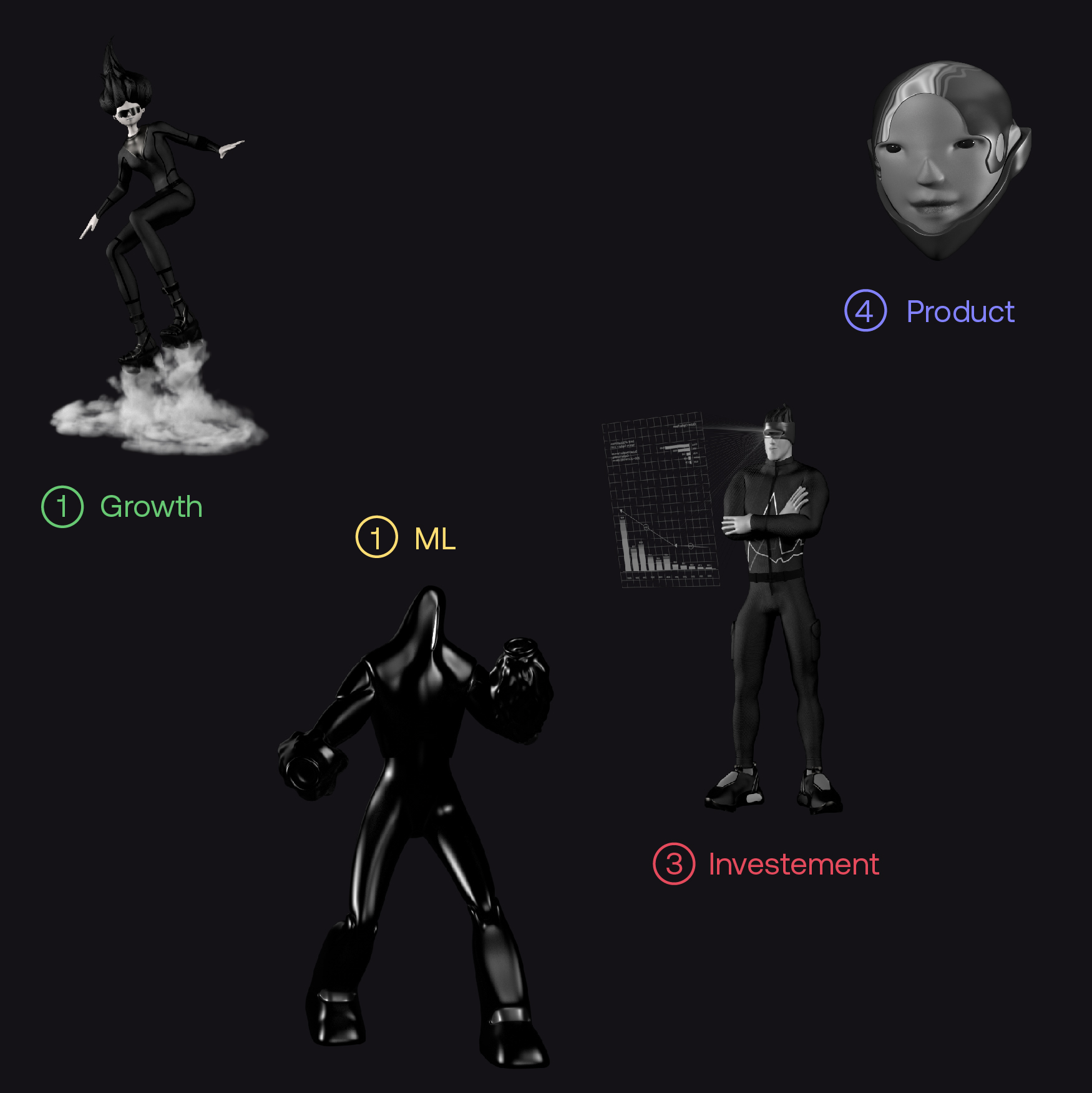Zibra has launched a new solution for working with 3D objects in the Unity ecosystem. It is based on AI. The technology makes it much easier and faster to optimize graphics, game physics and generate highly variable 3D content. For Zibra, this is just the first step, and for the gamedev market – an innovative product.
We had to develop the visual identity of the brand, following the spirit of the product. In the early stages, it seemed worth focusing entirely on b2b. However, the brand sessions quickly bore fruit. We realized that the distribution of individual Zibra plug-ins is a point of personal interaction with 3D designers and developers. Therefore, brand knowledge is often spread on b2b through direct users of Zibra products.
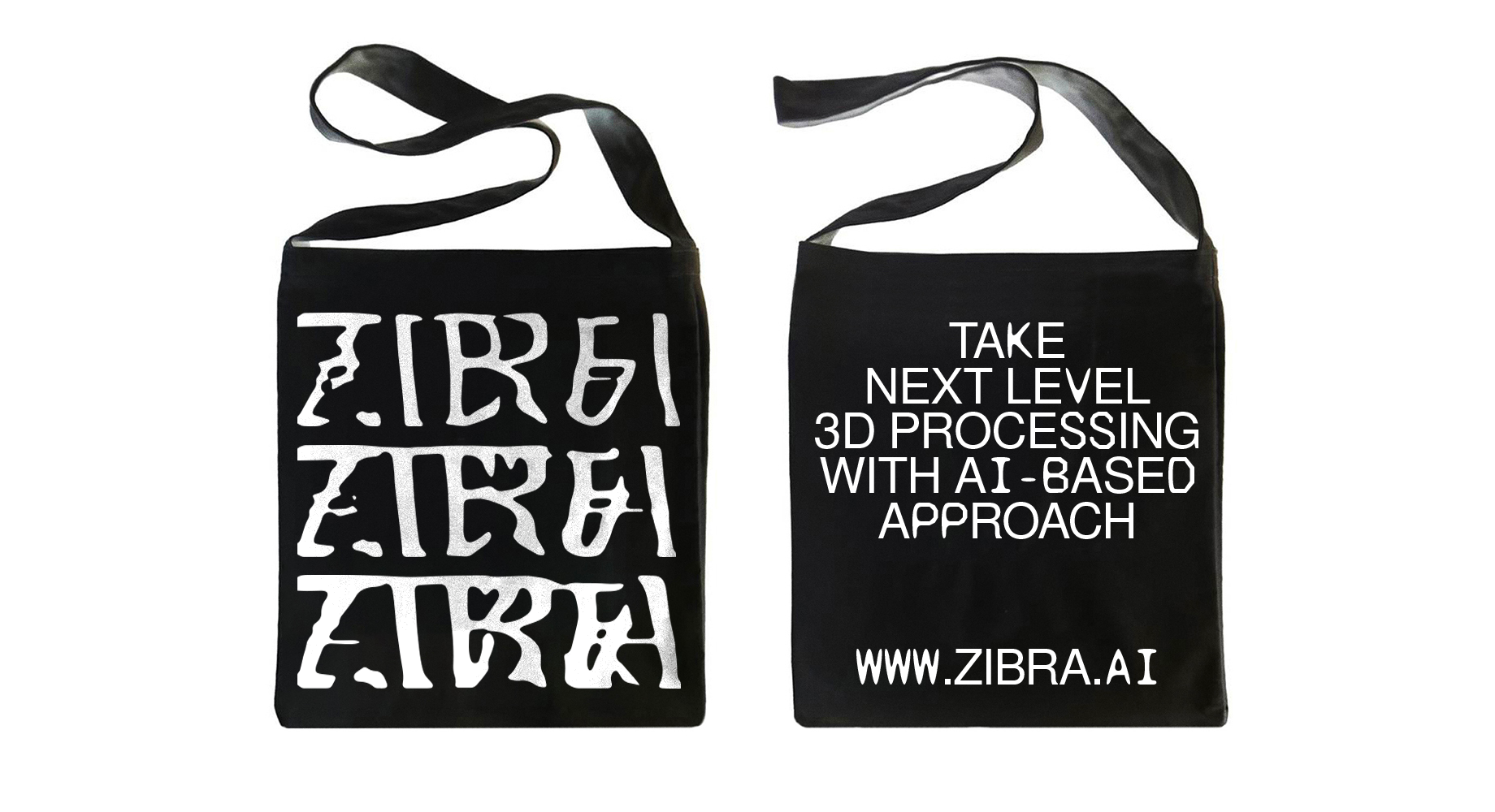
Strategic sessions also helped us articulate the key value of the brand – to unleash the potential of 3D game development through AI technology.
Some are fascinated by it, and some are frightened. However, this is normal, because such a tool can transform the development process itself.

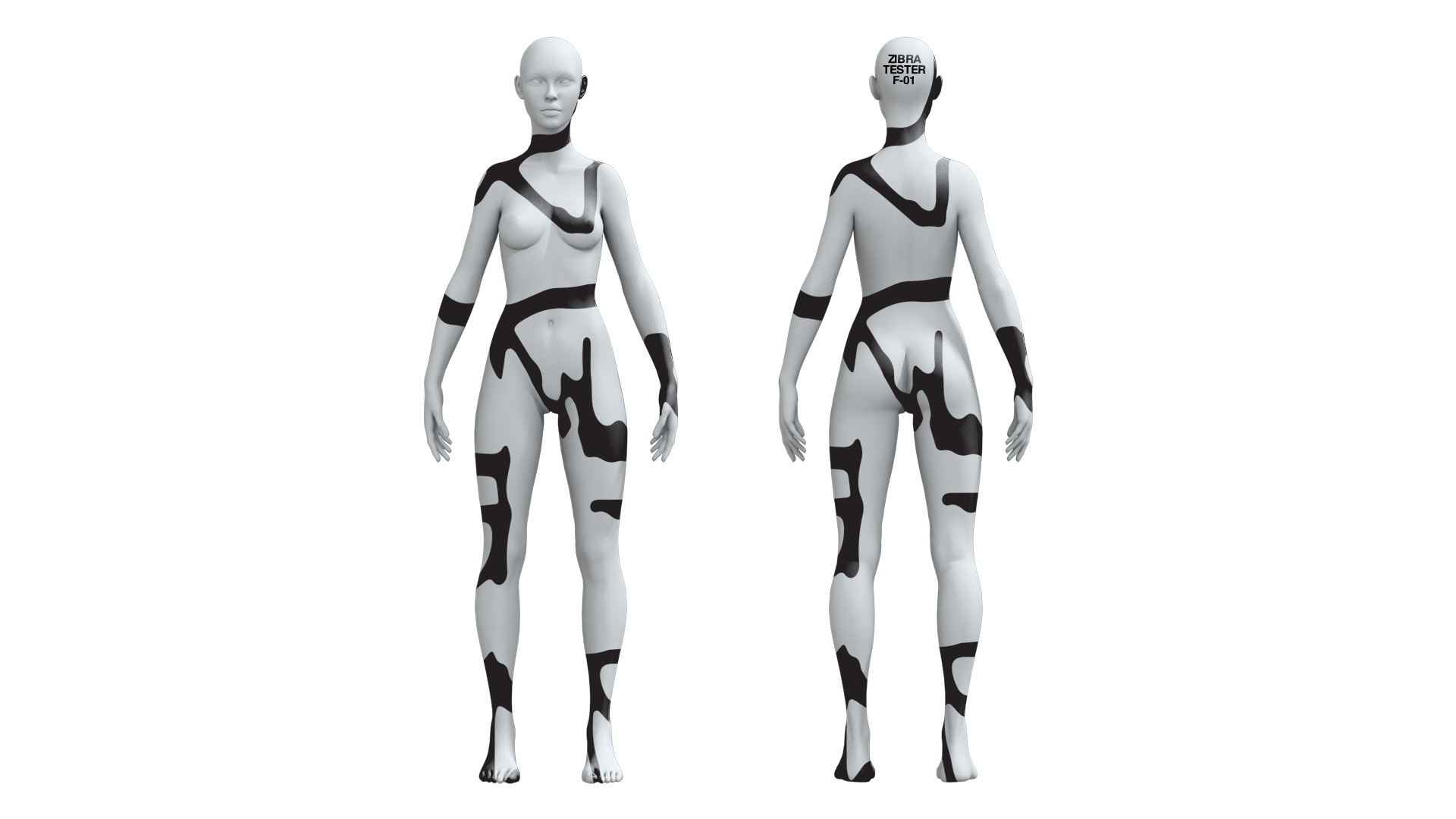
To emphasize the human-machine interaction, we have created a dynamic brand identity created through machine learning. The combination of animalism and the aesthetics of artificial intelligence is a sharp, transparent and a slightly rough image.
Zibra dynamic template was created by the Generative Competitive Network. With the help of machine learning, the neural network processed more than 500 fonts and recognized their differences. So the neural network independently created a key image for Zibra – a dynamic transition between all the fonts it studied. We have put this into a design system, creating a universal basis for working with the media.
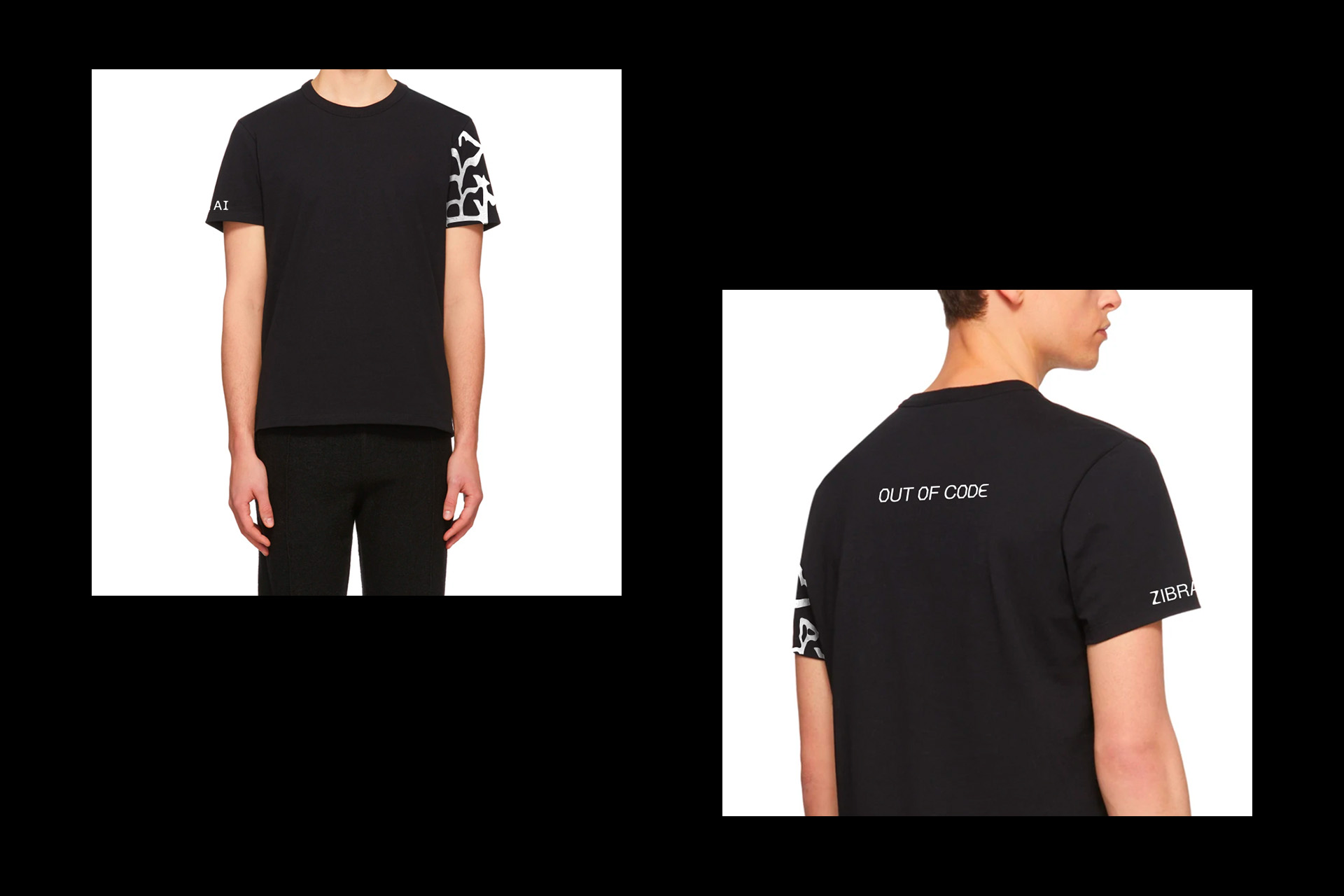
Each frame of the dynamic pattern is the same Zibra logo. You can create a new logo yourself: pause at the right time, and save a static image for use on any media.

The color palette together with the identity creates a graphic camouflage and refers to animalis.
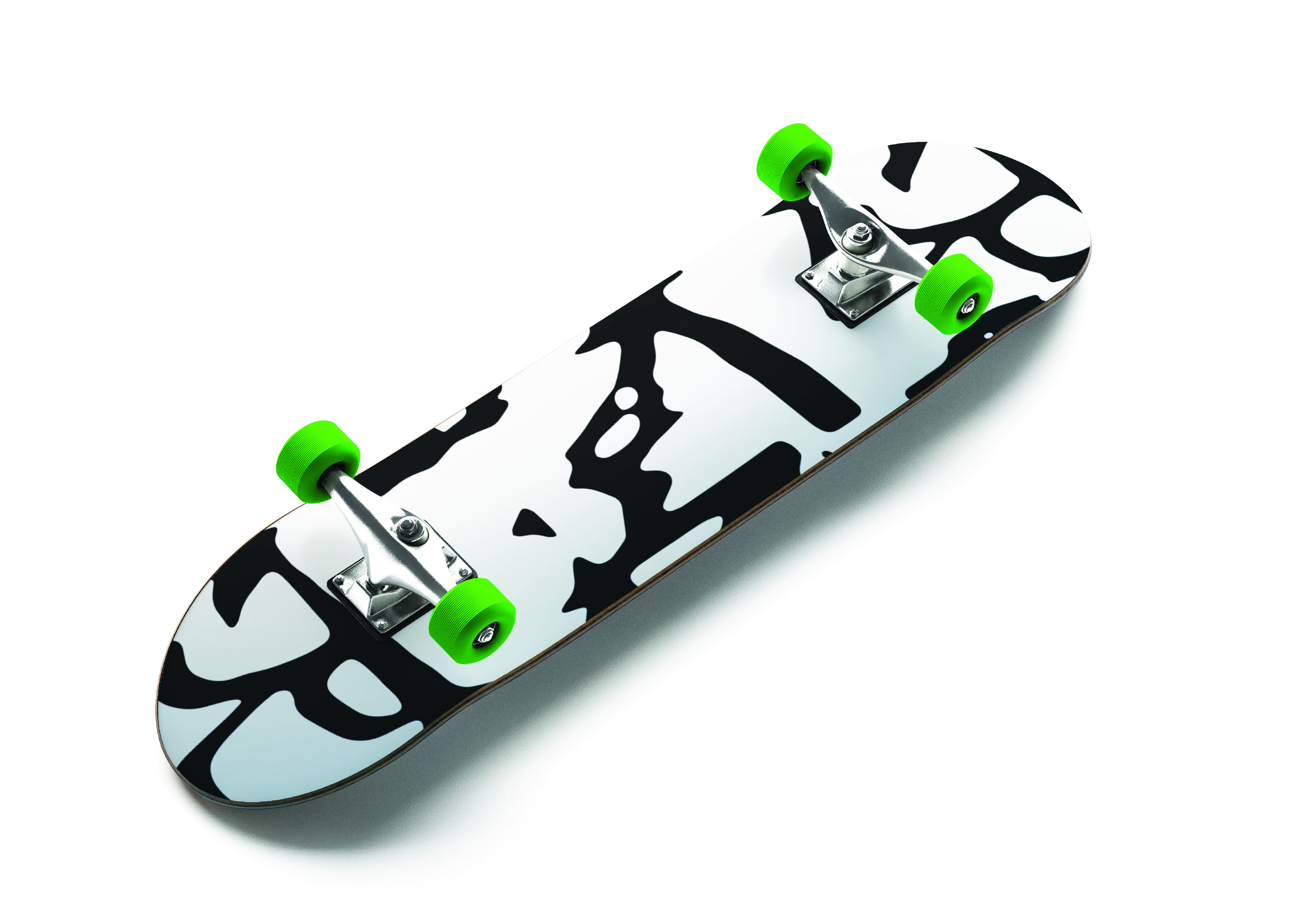
Zibra typography consists of two fonts. The first is the classical grotesque, which is found in most specimens studied by the neural network. The second was programmatically transformed. This gave the contours an unusual outline, in which arcs and straight lines are vividly mixed.

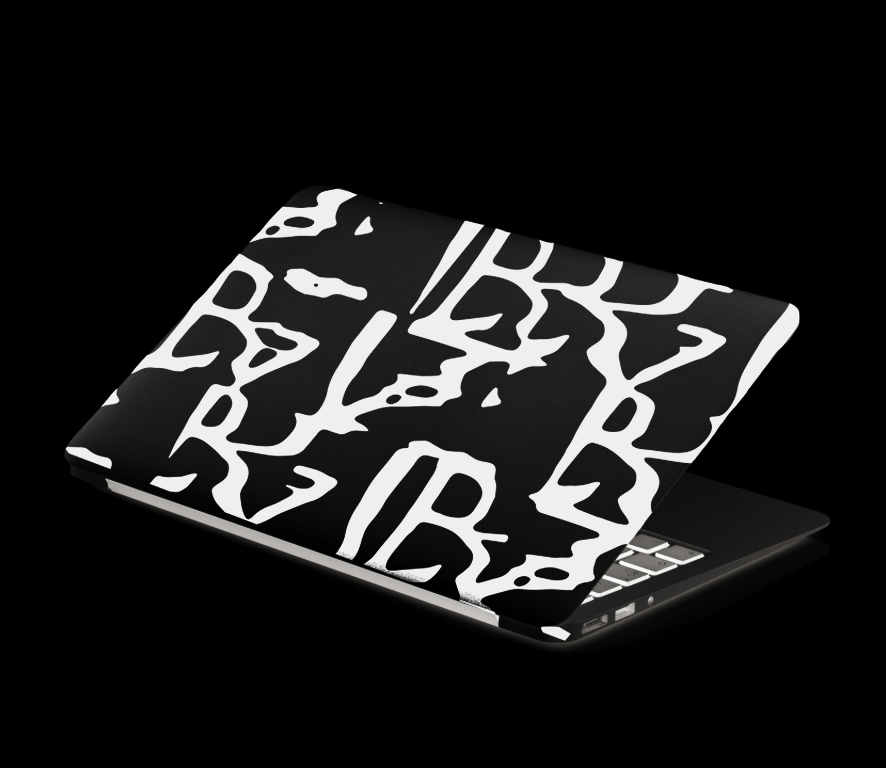
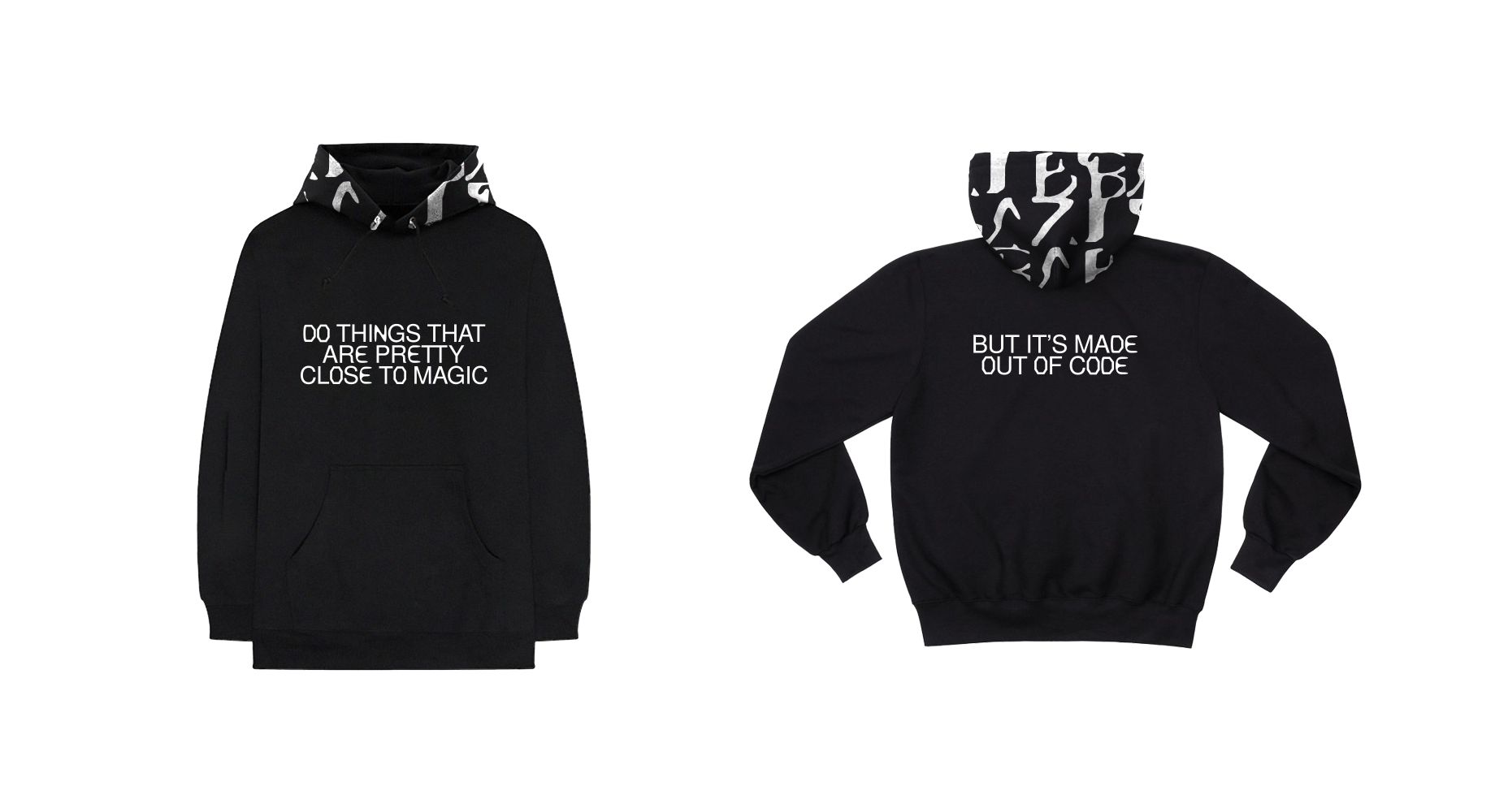
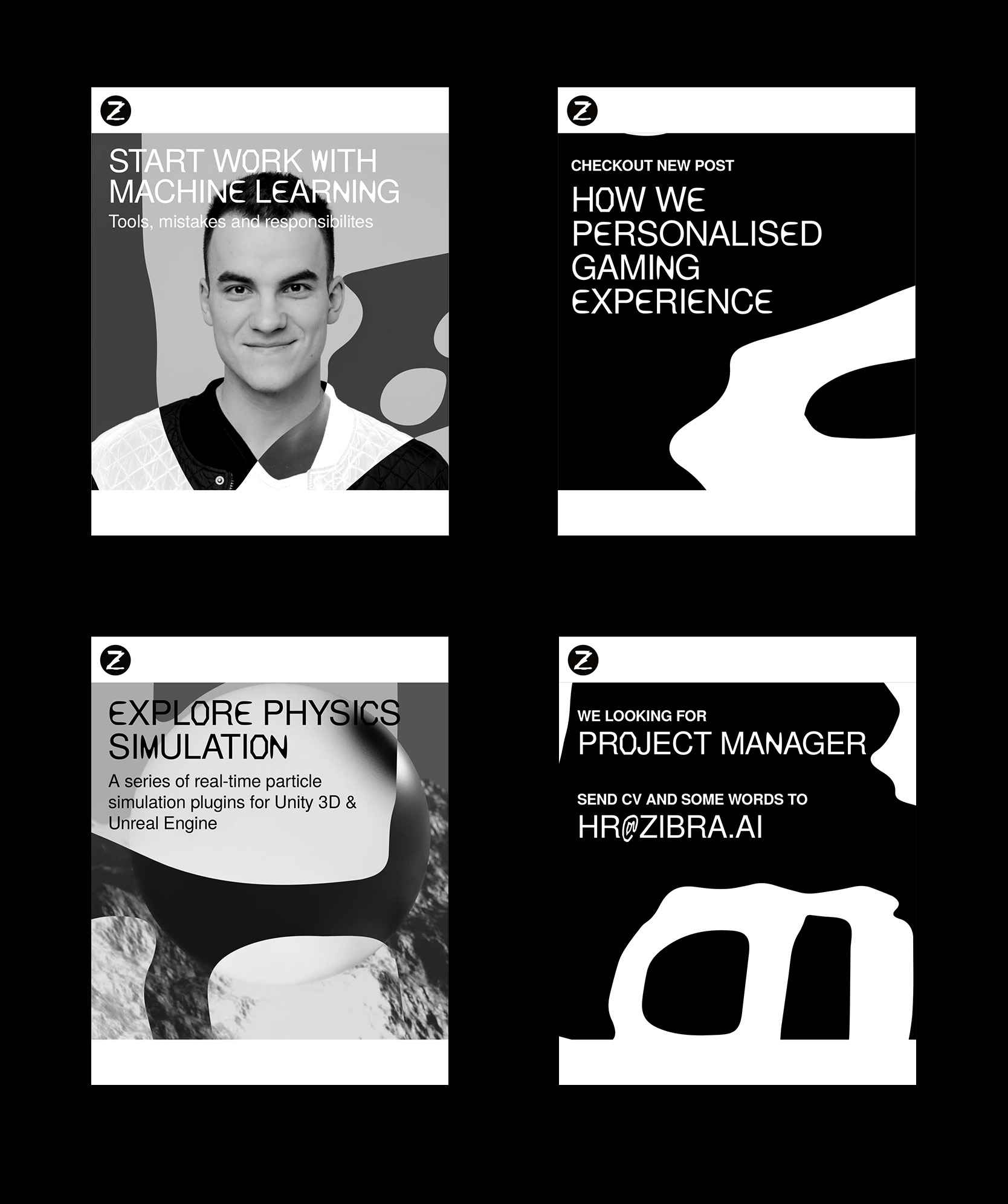
As part of the concept, we were consistent in our approach to designing Zibra web pages. We have added an unusual typographic style to the common patterns of interface interaction. It has become the antithesis of the practical system font solution to which everyone is accustomed. The site is built without linear storytelling – Zibra can easily change the location of windows with content depending on current needs. At the same time, the page system doesn't set narrative restrictions for adding content: it could be photos from the confit or even the launch of a new product.
Zibra's design system is quite close to magic. But that's the magic of code.
In 2021, the project won the Red Dot Award: Best of Best.
